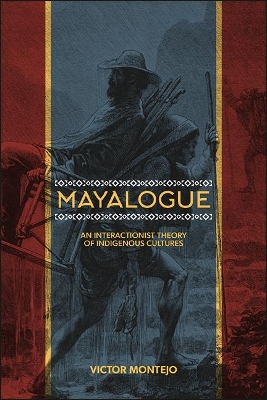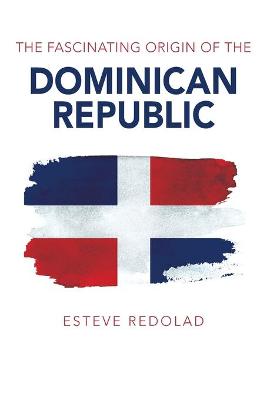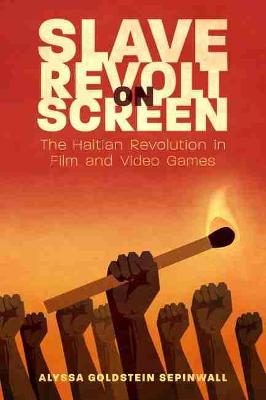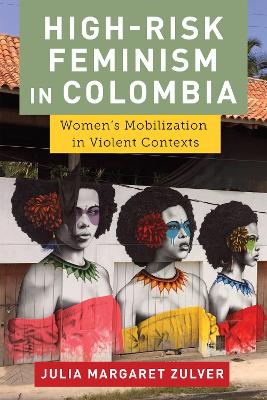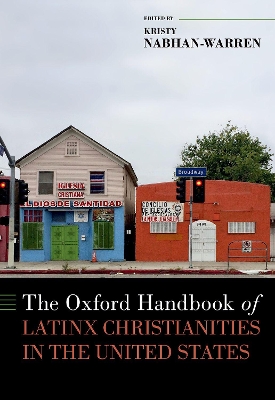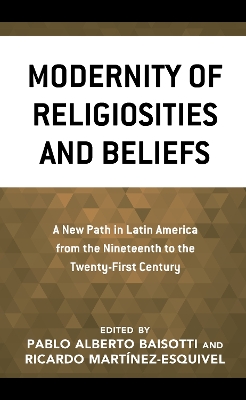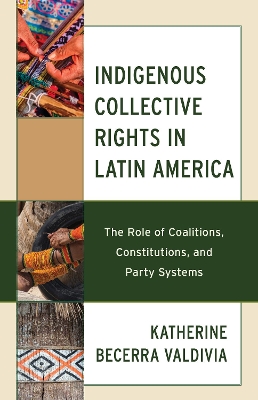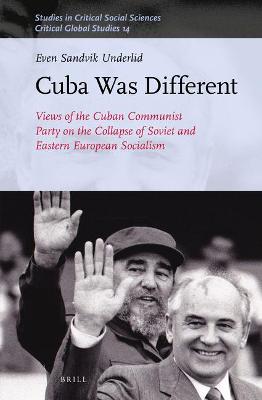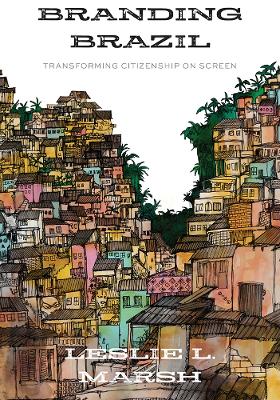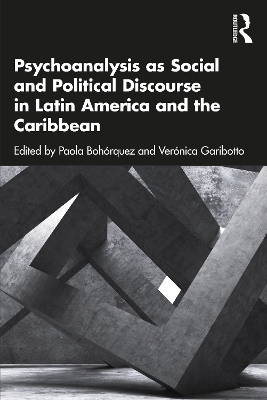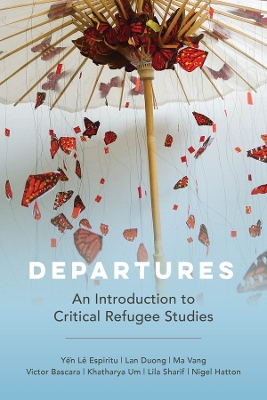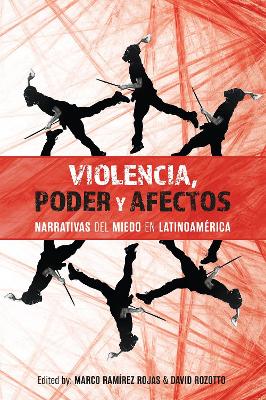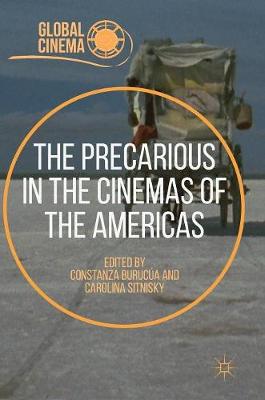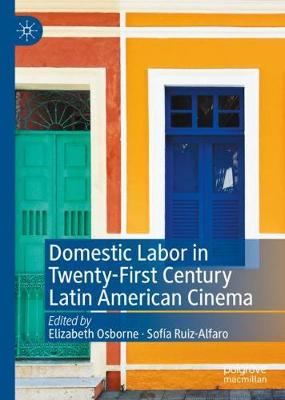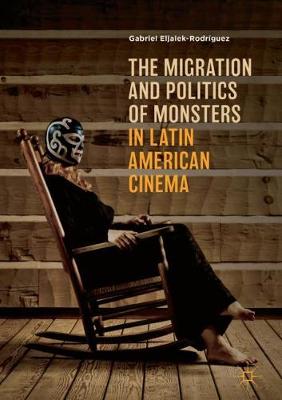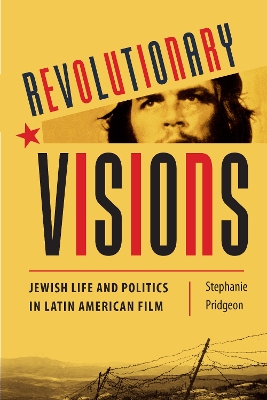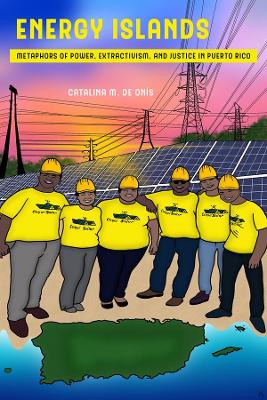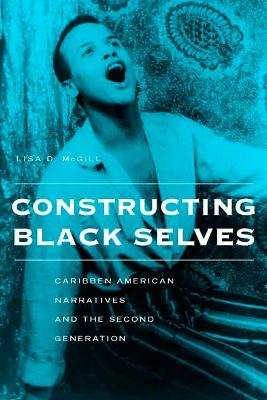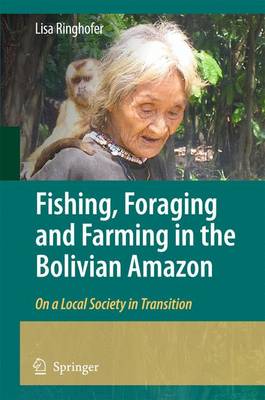Mayalogue (SUNY series, Trans-Indigenous Decolonial Critiques)
by Victor Montejo
La conmovedora historia de un niño que, a pesar de afrontar el abuso físico en casa, en su barrio y en su país, jamás perdió la alegría de vivir. Alexis Valdés escribe con profunda ternura sobre el niño que fue y logra reflejar en estaspáginas no solo los años más duros de su vida, sino transportar al lector a la Cuba de su infancia y adolescencia, con sus problemas, sus carencias, su dolor, pero también con una alegría de vivir y la esperanza de que algún día todo será mejor. El pequeño Alexi...
In Slave Revolt on Screen: The Haitian Revolution in Film and Video Games author Alyssa Goldstein Sepinwall analyzes how films and video games from around the world have depicted slave revolt, focusing on the Haitian Revolution (1791-1804). This event, the first successful revolution by enslaved people in modern history, sent shock waves throughout the Atlantic World. Regardless of its historical significance however, this revolution has become less well-known-and appears less often on screen-th...
The Oxford Handbook of Latinx Christianities in the United States (OXFORD HANDBOOKS)
The United States is in the midst of a demographic revolution. It is estimated that by 2050 Latinx Americans will make up thirty percent of the nation's total population. Most Latinx Americans today are Christian. And while, historically, most of those Latinx Christians have been Catholics, that is changing as well, as more Latinx Americans embrace Protestantism or other traditions and practices. Even within the U.S. Catholic Church the demographic changes are being felt, as more than half of yo...
Modernity of Religiosities and Beliefs
Indigenous Collective Rights in Latin America
by Katherine Becerra Valdivia
Latin America is a region with high levels of recognition for indigenous collective rights. Still, legal protections differ considerably among the countries. Why do some countries in Latin America have a strong recognition of collective rights for indigenous people while others do not? What are the factors that help enhance the presence of collective rights? The author argues that while indigenous social movements are crucial to the protection of indigenous rights, they are not enough. The recog...
Cuba Was Different (Studies in Critical Social Sciences / Critical Global Studies, 177/14)
by Even Sandvik Underlid
In Cuba Was Different, Even Sandvik Underlid explores the views of Cuban authorities, official press, and Party members as they reflect back on the collapse of Soviet and Eastern European socialism. In so doing, he contributes to a better understanding as to why the Cuban system - often associated with Fidel Castro's leadership - did not itself collapse. Despite the loss of its most important allies, key ideological referents, and even most of its foreign trade, Cuba did not embrace capitalism....
Ethnicity in the Caribbean (Amsterdam University Press - Amsterdam Archaeological Studie)
Psychoanalysis as Social and Political Discourse in Latin America and the Caribbean
This book offers a regional, intersectional, and transnational perspective of psychoanalysis in Latin America and the Caribbean that illuminates psychoanalysis's role as social and political discourse through a collection of original interventions in the fields of psychoanalysis, cultural studies, psychology, anthropology, health sciences, history, and philosophy. The authors contribute to discussions about the applicability of psychoanalytic concepts to reading Latin American and Caribbean so...
Departures (Critical Refugee Studies, #3)
by Yen Le Espiritu, Lan Duong, Ma Vang, Victor Bascara, Khatharya Um, Lila Sharif, and Nigel Hatton
Departures supports, contextualizes, and advances the field of critical refugee studies by providing a capacious account of its genealogy, methods, and key concepts as well as its premises, priorities, and possibilities. The book outlines the field's main tenets, questions, and concerns and offers new approaches that integrate theoretical rigor and policy considerations with refugees' rich and complicated lived worlds. It also provides examples of how to link communities, movements, networks, ar...
Violencia, poder y afectos (Violence in the Hispanic and Lusophone Worlds)
Violencia, poder y afectos: narrativas del miedo en Latinoamérica ofrece una contribución crítica al estudio de las representaciones de los miedos sociopolíticos en la literatura y el cine contemporáneos. Este volumen estudia las consecuencias inmediatas y de larga duración de la violencia y el terror en las sociedades latinoamericanas desde varias perspectivas teóricas. Los capítulos del libro abordan dos preguntas centrales: ¿cómo se han asumido, asimilado y representado los diversos temores s...
The Precarious in the Cinemas of the Americas (Global Cinema)
Historically, cinema in the Americas has been signed by a state of precariousness. Notwithstanding the growing accessibility to video and digital technologies, access to the material means of film production is still limited, affecting the spheres of production, distribution, and reception. Equally, questions about the precarious can be traced in cultural and archival policies, film legislations, as well as in thematic and aesthetic choices. While conventional definitions of the precarious have...
Domestic Labor in Twenty-First Century Latin American Cinema
This volume explores the character of the domestic worker in twenty-first century Latin American cinema and analyzes how recent filmic representations of the housemaid question the marginalization of domestic servants, in particular women, by making them the center of their narratives, their families, and society. The essays in this book posit the female domestic worker as an emergent subjectivity, a complex character who problematizes and contests the hierarchical power structures within the fa...
The Migration and Politics of Monsters in Latin American Cinema
by Gabriel Eljaiek-Rodriguez
The Migration and Politics of Monsters in Latin America proposes a cinematic cartography of contemporary Latin American horror films that take up the idea of the American continent as a space of radical otherness, or monstrosity, and use it for political purposes. The book explores how Latin American film directors migrate foreign horror tropes to create cinematographic horror hybrids that reclaim and transform monstrosity as a form of historical rewriting. By emphasizing the specificities of th...
Revolutionary Visions examines recent cinematic depictions of Jewish involvement in 1960s and 1970s revolutionary movements in Latin America. In order to explore the topic, the book bridges critical theory on religion, politics, and hegemony from regional Latin American, national, and global perspectives. Placing these theories in dialogue with recent films, the author asks the following questions: How did revolutionary commitment change Jewish community and families in twentieth-century Latin A...
Energy Islands (Environmental Communication, Power, and Culture, #1)
by Catalina M de Onis
Energy Islands provides an urgent and nuanced portrait of collective action that resists racial capitalism, colonialism, and climate disruption. Weaving together historical and ethnographic research, this story challenges the master narratives of Puerto Rico as a tourist destination and site of "natural" disasters to demonstrate how fossil fuel economies are inextricably entwined with colonial practices and how local community groups in Puerto Rico have struggled against energy coloniality to mo...
In 1965, the Hart-Cellar Immigration Reform Act ushered in a huge wave of immigrants from across the Caribbean—Jamaicans, Cubans, Haitians, and Dominicans, among others. How have these immigrants and their children negotiated languages of race and ethnicity in American social and cultural politics? As black immigrants, to which America do they assimilate? Constructing Black Selves explores the cultural production of second-generation Caribbean immigrants in the United States after World War II a...
Empirical in character, this book analyses the society-nature interaction of the Tsimane’, a rural indigenous community in the Bolivian Amazon. Following a common methodological framework, the material and energy flow (MEFA) approach, it gives a detailed account of the biophysical exchange relations the community entertains with its natural environment: the socio-economic use of energy, materials, land and time. Equally so, the book provides a deeper insight into the local base of sociometabolic...
